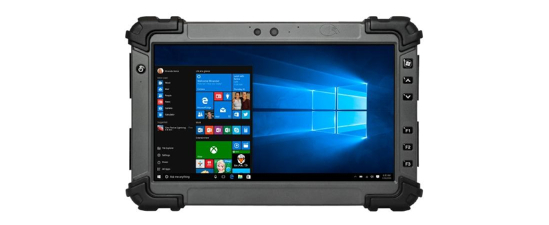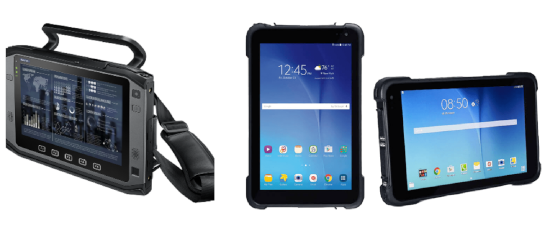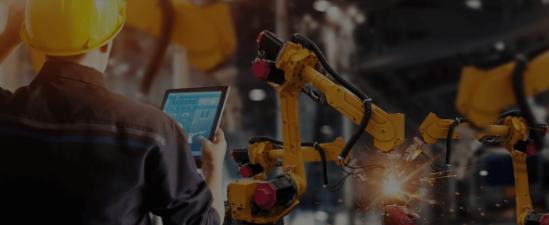Why choose an Industrial PC?
Date Published: 13-05-2020
Industrial PC’s perform diverse tasks from enabling you to run powerful automation software, to controlling complex processes and applications, including logistics systems, data acquisition, and image processing and networking, all with speed, efficiency and reliability.
The hardware components of an industrial pc are similar to a normal pc: motherboard, CPU, RAM, expansion slots, storage media etc.
An industrial PC is similar to a conventional PC in terms of receiving, storing and processing information to perform a sequence of operations, based on the instruction of a program or software. The hardware components are also similar: motherboard, CPU, RAM, expansion slots, storage media etc.
However, Industrial PC’s differ from consumer PC’s in terms of ruggedness, reliability, performance, expandability and long-term availability.
Ruggedness:
Industrial PC’s are designed to excel in harsh, aggressive and dirty environments. Operating in tough conditions, industrial PC’s can withstand many factors:
- High Temperatures: Excessive heat can affect performance and hardware lifespan. Conventional PC’s are recommended to operate in a temperature range of around 30-35°, whereas industrial PC’s can operate in temperatures of up to 55°C.
- Electromagnetic Interference: EMI is common in industrial industries with large machines and motors. EMI causes communication failures between equipment, and voltage spikes that degrade components over time. Industrial PC design ensures robust isolation and stabilised voltages.
- Shock and Vibration: High levels of vibration can wreak havoc with conventional PC’s. Industrial PC’s can maintain performance while being subjected to continuous vibration.
- Dirt and Humidity: Cooling fans are essential to regulating the heat of a PC and keeping dust and dirt out. Cooling fans in industrial PC’s have special filters and undergo rigorous testing to ensure clean air flow and direct internal cooling.
- IP Rating: Industrial PC’s offer IP protection, whereas conventional PC’s don’t. Industrial PC’s offer protection against contaminants to IP65 as standard on all displays, for dust and water resistance. Aluminium and Stainless Steel options are also available.
Reliability and Performance:
Industrial PC’s enable you to run powerful automation software, control complex applications and electrical systems with maximum reliability and high performance. Operational efficiency can be substantially improved by choosing technologies and equipment that have been developed to perform in harsh environments.
Typical industrial conditions affect equipment reliability, and ultimately the efficiency and productivity of operations. Sustained and reliable operation is important to avoid costly down-time. The rugged construction of Industrial PC’s, plus provisions for mounting into the required environment and high grade power supply, support uninterrupted operations.
Sustained and reliable operation is important to avoid costly down-time.
Expandability and Long Term Availability:
The ease and cost of repair or replacement over the life of the PC is another consideration. Industrial PC’s are more expandable than conventional PC’s to support the ever-changing nature of innovation, and to continue supporting legacy applications that can run for 5 or 10 years, long after conventional components are no longer available. Upgrades and the availability of spare parts is a minimal issue with long-standing, reputable industrial suppliers.
Total cost of Ownership (TCO):
Cost considerations go beyond the initial investment. Although an industrial PC requires a greater investment upfront, over time the total cost of ownership is much lower when compared to the cost of regularly repairing or replacing conventional PC’s that aren't suitable and can’t endure the rigorous demands of industrial use.



